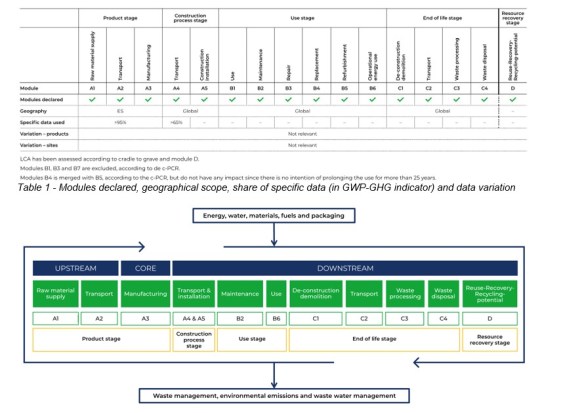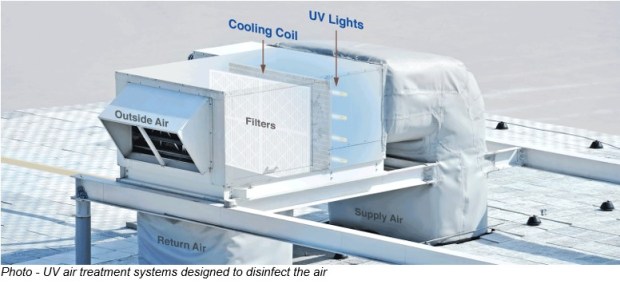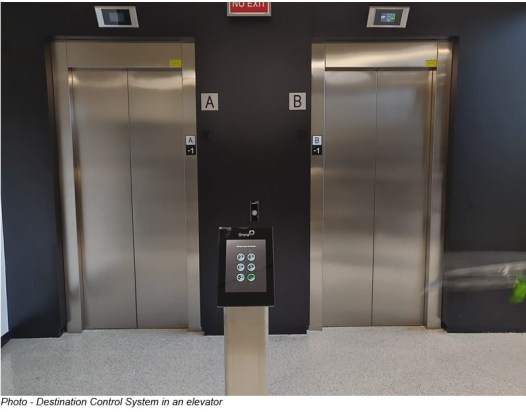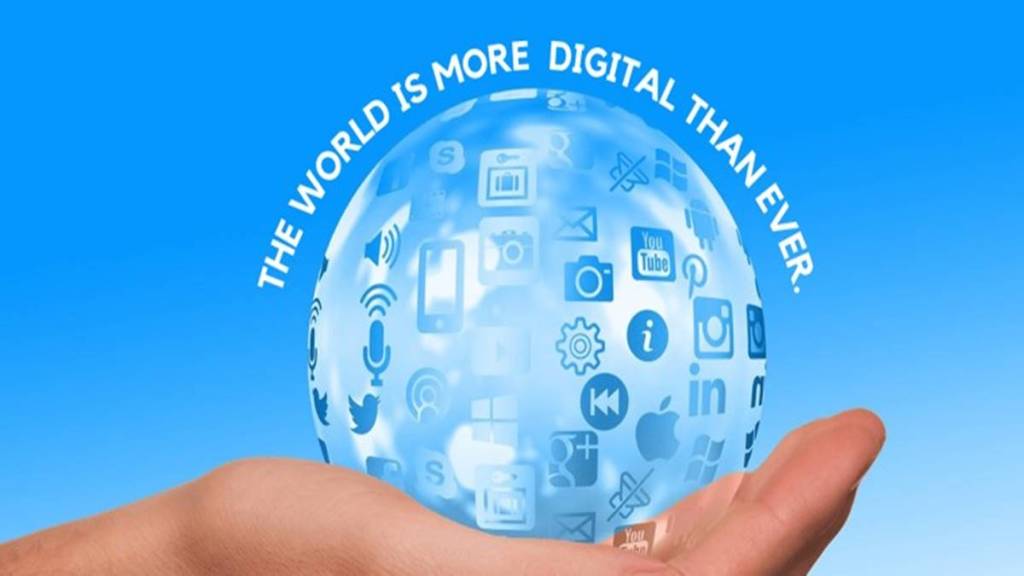The industry is evolving, but today’s global demands will push the transformation into overdrive. To survive and even thrive as a developer, owner, and operator, you will need to capture the power of the all-digital, all-electric world with a more sustainable, resilient, efficient, and people-centric building.
In early 2020, the World Economic Forum’s real estate partners set out to prepare a report on the future of the real estate. At the time, the thought was with sustainability as the core objective; sustainability in the broader sense of its meaning – clearly highlighting the importance of making real estate more environmentally friendly, but also addressing questions such as wellness, community, and the inclusiveness of buildings and urban spaces. Then came covid-19; a pandemic that has accelerated certain trends and affected many of the underlying demand drivers of the real estate industry.
Aligned with the objective to introduce sustainability in the ecosystem, technological advancements can be seen in all areas right from digitalization of transactions to online deliveries of almost all things imaginable from groceries to even automobiles. While, other than convenience, these also have a lesser impact on the environment as these are more efficient distribution systems, saving the world with tons of emissions that could have happened if all these transactions were getting completed through conventional brick-and-mortar style operations.
In the construction sector, we can see the implementation of recycled materials right from using fly ash as an additive in concrete to using waste plastic in constructing roads. Equipment used in buildings has become smarter and more efficient, like using VFDs (variable frequency drives) in motors to optimize power consumption based on the output requirements, elevators are being made using recyclable materials with some companies maintaining ISO 14006 standards with over 99% of the material recyclable. Carbon credit mapping is a common practice with global manufacturing companies that are mapping their processes from an emission and sustainability perspective.

In addition to sustainability, digitalization is another common factor that is predominant in every sector and is the most essential requirement for businesses to incorporate so as to survive in today’s digital world. Implementation of IOT in equipment, using ERP for resource planning, drones for GIS mapping, smart technologies, etc are some common practices adopted in construction nowadays. Like, the pandemic led to the introduction of contactless and voice-activated systems which were implemented by many elevator companies. Air purification devices were introduced in HVAC and lift ventilation systems so as to kill bacteria, and viruses and protect the inhabitants from the indirect spreading of contagious diseases. Automation in lighting and audio systems in a building has become very common nowadays and the same are now integratable with Voice activation devices like Google Home, Alexa, etc.

Consumer behavior is also evolving with technology and we can see they are receptive to updated technology and have the nag to try out the latest gizmos in the offering. In buildings, we can now see the use of DLS (Destination landing system) commonly in public buildings, BMS (Building management system) also being used very extensively to remotely monitor and manage buildings, common use of applications for routine management of tasks, and assignments, etc.

While the industry is evolving at a very fast pace, the role of ethical use of technology is an area that needs to be worked upon to match the pace with the development of technology. As, while this overdrive and overexposure of technology bring a lot of advantages with it (like added convenience, efficiency in operations, better cost economics for the end customer, etc), it poses a big threat to humanity if not adopted ethically (from privacy infringement to commoditization and commercialization of everything imaginable).
Hence, I feel that while the advancement of technology should move as fast as imaginable but it should be worded with a sense of bringing convenience to humanity and the world in a holistic sense and not only with commercial precedence.
(Aman Moudgil, Director & CEO of Gilco Global)


